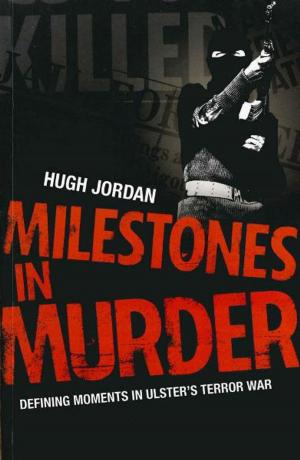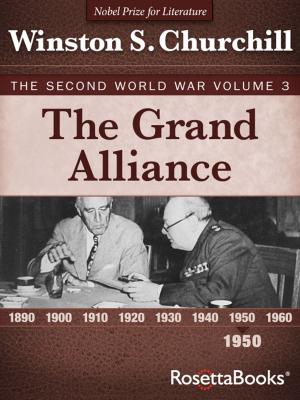| Author: | Ron Black | ISBN: | 9781311883667 |
| Publisher: | Gone2Ground Books | Publication: | November 16, 2014 |
| Imprint: | Smashwords Edition | Language: | English |
| Author: | Ron Black |
| ISBN: | 9781311883667 |
| Publisher: | Gone2Ground Books |
| Publication: | November 16, 2014 |
| Imprint: | Smashwords Edition |
| Language: | English |
At the outbreak of World War I in 1914 horses were requisitioned by the Army and gathered at Remount Depots in the UK where they were prepared for their tasks before being shipped to France. Many of these animals, both horses and mules, had already undergone a sea voyage across the Atlantic from America and Canada before reaching Britain. Lathom Park in Ormskirk, Lancashire, owned by Earl Lathom, became a Remount Depot accommodating as many as 5000 horses at any one time and their grooms, vets, farriers, etc. during the years of war. Using contemporary material and quotidian newspaper reports Ron's research allows the reader a glimpse into the communal activities. Horses can cause accidents, soldiers can cause upsets after an evening at the pub, manure can cause long council debates (but can produce wonderful potatoes). All this, along with accounts of social activities, is interspersed with firsthand accounts of the selection and training of the horses and mules to be engaged in war. For readers interested in numbers, 887,252 horses and mules were shipped out from the UK; 888,246 men from the UK were slain during those years of war.
At the outbreak of World War I in 1914 horses were requisitioned by the Army and gathered at Remount Depots in the UK where they were prepared for their tasks before being shipped to France. Many of these animals, both horses and mules, had already undergone a sea voyage across the Atlantic from America and Canada before reaching Britain. Lathom Park in Ormskirk, Lancashire, owned by Earl Lathom, became a Remount Depot accommodating as many as 5000 horses at any one time and their grooms, vets, farriers, etc. during the years of war. Using contemporary material and quotidian newspaper reports Ron's research allows the reader a glimpse into the communal activities. Horses can cause accidents, soldiers can cause upsets after an evening at the pub, manure can cause long council debates (but can produce wonderful potatoes). All this, along with accounts of social activities, is interspersed with firsthand accounts of the selection and training of the horses and mules to be engaged in war. For readers interested in numbers, 887,252 horses and mules were shipped out from the UK; 888,246 men from the UK were slain during those years of war.















